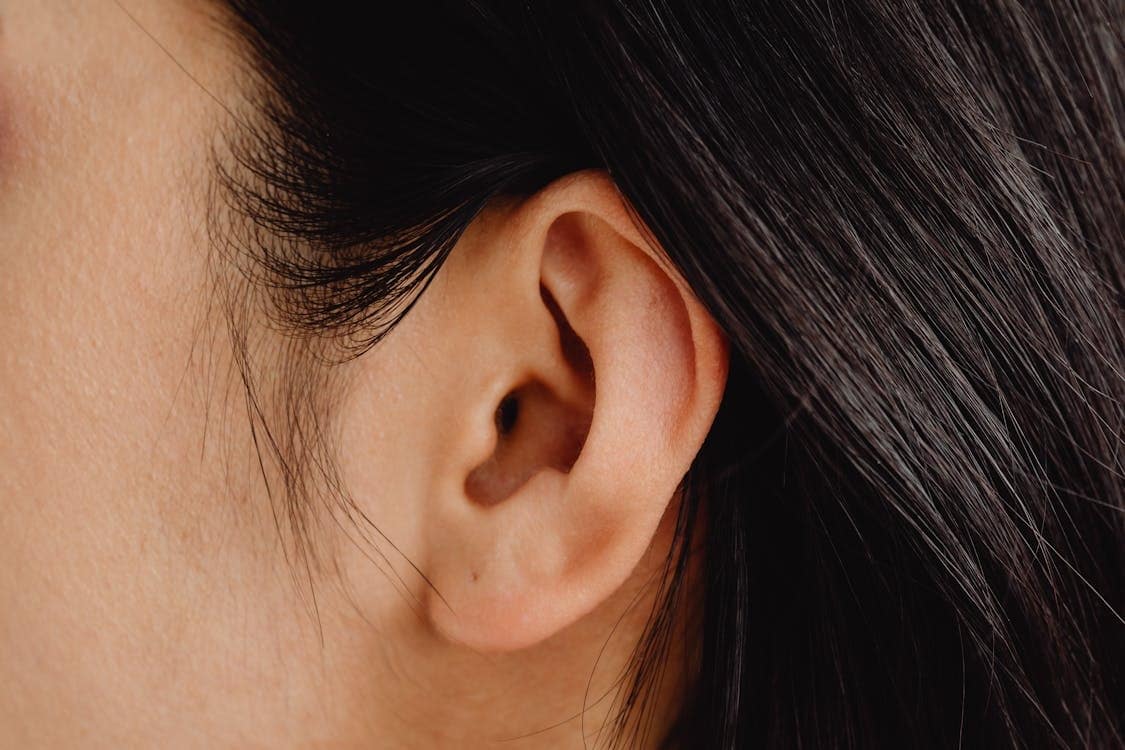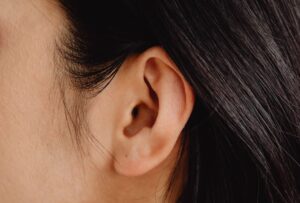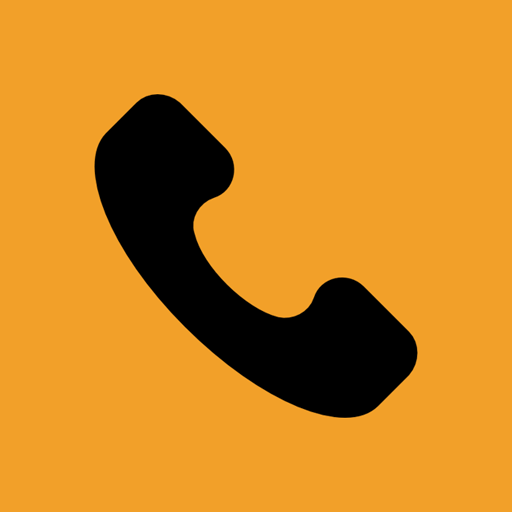That uncomfortable feeling of fullness, pressure, or even pain in your ears can be a real nuisance. It can muffle sounds, make it difficult to concentrate, and even disrupt your sleep. Whether it’s a subtle sensation or a sharp pain, ear pressure can significantly impact your daily life. But what exactly causes this discomfort, and how to best get rid of the pressure?
In this guide, we’ll explore the common causes of ear pressure, delve into effective strategies for relieving it, and discuss when it’s essential to seek professional guidance. From simple home remedies to medical interventions, we’ll equip you with the knowledge to address this common complaint and reclaim your auditory comfort.
Why Do I Have a Feeling of Fullness in the Ears?
That feeling of fullness in the ear, sometimes accompanied by discomfort or even pain, often originates from a pressure imbalance within your middle ear. This air-filled space, located just behind your eardrum, is intricately connected to the back of your throat by a narrow passageway called the Eustachian tube. This canal works to regulate the air pressure in the middle ear, ensuring it matches the pressure in the environment around you. Beyond pressure regulation, the Eustachian tube also plays a vital role in draining fluids and mucus from the middle ear, keeping this space clear and healthy.
However, various factors can disrupt the Eustachian tube’s ability to perform its duties effectively. When the Eustachian tubes are inflamed, which is often the case for colds and allergies, they become clogged or swollen. This obstruction disrupts the pressure equalization process, leading to that uncomfortable feeling of fullness or pressure in the ears.
Similarly, rapid changes in altitude, such as during airplane travel or driving in mountainous areas, can also affect the Eustachian tube’s function and cause ear pressure. This is because the air pressure outside changes rapidly, while the pressure within the middle ear may not adjust quickly enough, leading to a temporary imbalance.
How Do You Unblock Ear Pressure?
Relieving ear pressure often involves addressing the underlying cause and restoring the proper function of the Eustachian tube. Here are some effective strategies depending on the specific cause:
Cold or Sinus Congestion
When a cold or sinus congestion strikes, the inflammation can extend to the Eustachian tubes. As the Eustachian tubes become inflamed and swollen, they can become blocked, disrupting the delicate balance of pressure and leading to that uncomfortable feeling of fullness or pressure in the ears. Here are some ways to address this:
- Home Remedies: Simple home remedies can often provide relief. Try yawning, swallowing, or chewing gum to help open the Eustachian tubes and equalize pressure. Applying a warm compress to your ears can help reduce inflammation and promote drainage. You can also try the Valsalva maneuver, which involves gently blowing your nose while keeping your mouth closed and pinching your nostrils. However, it’s essential to do this gently to avoid damaging your eardrums.
- OTC Medications: Over-the-counter medications can also help relieve congestion and open up the Eustachian tubes. Saline nasal sprays can help moisturize the nasal passages and reduce inflammation, while oral or nasal decongestants can help shrink swollen tissues and open up the Eustachian tubes.
Middle Ear Infection
A middle ear infection, also known as otitis media, occurs when fluid accumulates behind the eardrum. This fluid buildup is often triggered by a viral or bacterial infection, leading to inflammation and pressure within the middle ear. As a result, you may experience ear pressure, pain, a feeling of fullness in the ear, and even temporary hearing loss. If you’re wondering how to get trapped pressure out of your ear, here are some strategies to help you restore much-needed comfort:
- OTC Pain Relievers: Over-the-counter pain relievers, such as ibuprofen or acetaminophen, can help manage the pain and reduce inflammation. These medications can provide temporary relief while the infection resolves.
- Antibiotics: If the infection is bacterial, your doctor may prescribe antibiotics to clear the infection and promote healing. It’s important to complete the full course of antibiotics as prescribed, even if your symptoms improve, to ensure the infection is fully eradicated.
Temporomandibular Joint (TMJ) Disorder
The temporomandibular joint (TMJ) acts like a hinge, connecting your jawbone to your skull. This joint allows you to open and close your mouth, chew, and speak. However, problems with this joint, such as TMJ disorder, can arise due to various factors, including injury, arthritis, or teeth grinding.
TMJ disorder can manifest in a number of ways, including jaw pain, clicking or popping sounds in the jaw, and even ear pressure or pain. This is because the TMJ is located close to the ear, and problems with the joint can sometimes affect the surrounding structures. Here’s how you can break up the pressure in your ear to alleviate the discomfort:
- OTC Medications: Over-the-counter pain relievers can help manage the pain and discomfort associated with TMJ disorder. These medications can provide temporary relief while you explore other treatment options.
- Medical Interventions: In some cases, medical interventions may be necessary to address TMJ disorder. These can include a custom-made mouthguard that helps reposition the jaw and alleviate pressure on the TMJ or targeted exercises and stretches that work to help improve jaw mobility and reduce pain.
Could Your Ear Pressure be Hearing Loss?

While ear pressure is often a temporary discomfort, it’s important to be aware that it can sometimes be a sign of an underlying ear condition, including hearing loss. If you experience persistent ear pressure accompanied by other symptoms like muffled hearing, tinnitus (ringing in the ears), or dizziness, it’s crucial to seek professional guidance.
An ABR hearing test, conducted at a hearing health center, can provide valuable insights into your hearing status and help identify any potential underlying issues that may be contributing to your ear pressure. This non-invasive test measures the brain’s response to sounds, providing a detailed assessment of the auditory pathways. Early detection and intervention are crucial for managing hearing loss and preventing further complications, so don’t hesitate to seek professional guidance if you have concerns about your hearing health.
Unlocking Relief: Finding Your Path to Ear Pressure Relief
Ear pressure, while often a temporary inconvenience, can significantly impact your comfort and well-being. By understanding its causes and exploring the various treatment options, you can find effective ways to relieve ear pressure and reclaim your auditory comfort. Don’t let ear pressure disrupt your daily life – take the first step towards unlocking relief and rediscovering auditory ease.








